![]()
Германия / Germany
Germany was one of the original Olympic nations at the Athens 1896 Olympic Games where they excelled in gymnastics.
The German team in the parallel bars won the nation's first gold medal. In the squad was Carl SCHUHMANN, who won two individual titles and two team gold medals. He also competed in the Greco-Roman wrestling, weightlifting and athletics, where he participated in long jump, triple jump and shot put.
Alfred FLASTOW and Hermann WEINGARTNER took three gold medals away from these Games. Although Germany was politically divided after the Second World War, athletes from East and West marched under the same flag and using the same anthem (Beethoven's Ode to Joy) from 1952 to 1964.
From 1968 to 1988 the two National Olympic Committees sent separate teams, styled the Federal Republic of Germany (West) and the German Democratic Republic (East). The GDR enjoyed particular success in athletics and swimming.
Runner Renata STECHER achieved the 100m/200m sprint double at the Munich 1972 Olympic Games. In 1976, all medallists in the 100m and 200m were German but gold in the 100m was taken by Annegret RICHTER of the Federal Republic, who also took part in the 200m.
Barbel ECKERT won the 200m at Montreal 1976 and Moscow 1980, and also won 4x100m relay gold to give her a personal tally of four gold medals on the track.
Waldemar CIERPINSKI won the marathon at both the 1976 and 1980 Games, the last man to achieve this feat. Swimmer Kornelia ENDER (GDR) collected two silver medals at Munich 1972 as a 13-year-old, before dominating the Montreal 1976 Olympic Games, where she won four gold medals. She was briefly married to fellow swimmer Roland MATTHES, who claimed four gold medals, two silver and two bronze over three consecutive Games from 1968 to 1976.
Kristin OTTO eclipsed even these performances with six gold medals at the Seoul 1988 Olympic Games, winnng in three different strokes and also in the medley. Competitors from the Federal Republic also enjoyed success in these sports.
High Jumper Ulrike MEYFARTH first won Olympic gold as a 16-year-old schoolgirl in Munich in 1972. Her second gold was at the 1984 Games in Los Angeles 16 years later.
Heide ROSENDAHL won long jump gold and was part of the victorious FRG women's 4x100m relay squad in Munich. Michael GROSS was the most successful swimmer from the Federal Republic in the period before reunification. He won gold medals in 200m freestyle and 100m butterfly at the Los Angeles 1984 Olympic Games, and a further gold in the 200m butterfly in Seoul in 1988.
Reiner KLIMKE won six gold medals in dressage in a career which spanned six Olympic Games from 1960–88. He remains the most successful dressage competitor in Olympic history.
German canoe/kayaker Birgit FISCHER (born SCHMIDT) won kayak singles gold at her first Olympic Games for the GDR in Moscow in 1980 at the age of 18, the youngest canoeing champion in Olympic history. She did not compete at Los Angeles 1984, but she returned to win gold medals in 1988, 1992 and 1996 before winning two gold medals at the Sydney 2000 Olympic Games. She then added a gold and silver medal in Athens 2004 to bring her medal tally to 12, a record for a canoe kayaker.
At Beijing 2008, Germany won gold in men's hockey and also enjoyed great success in the equestrian events. German cities have hosted the Olympic Games. Berlin was host city in 1936 and Garmisch Partenkirchen staged the Winter Olympic Games in the same year.
In 1972, Munich was the host city for the Olympic Games. Both times Germany hosted the Games, the sailing events were held at Kiel.
Медали сборной Германия
- 8
- 6
- 5
- 19

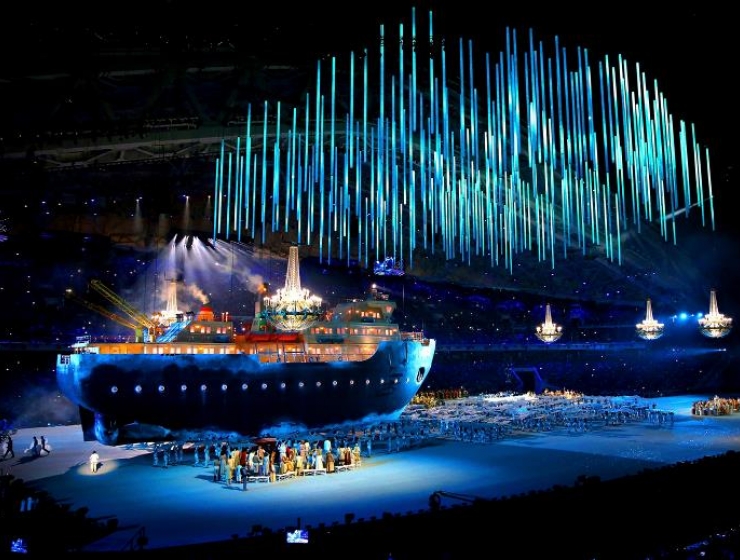
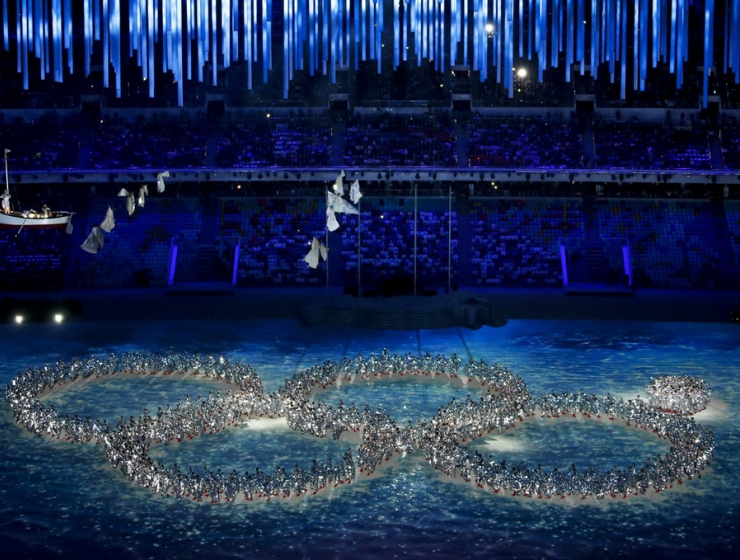
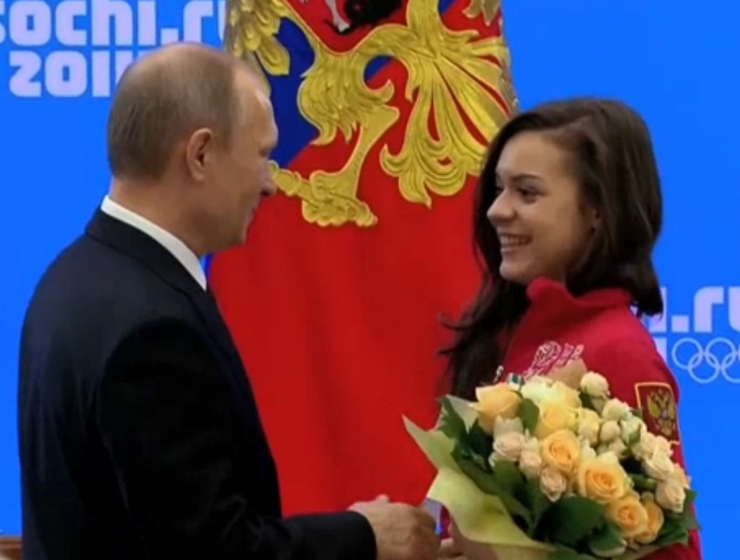
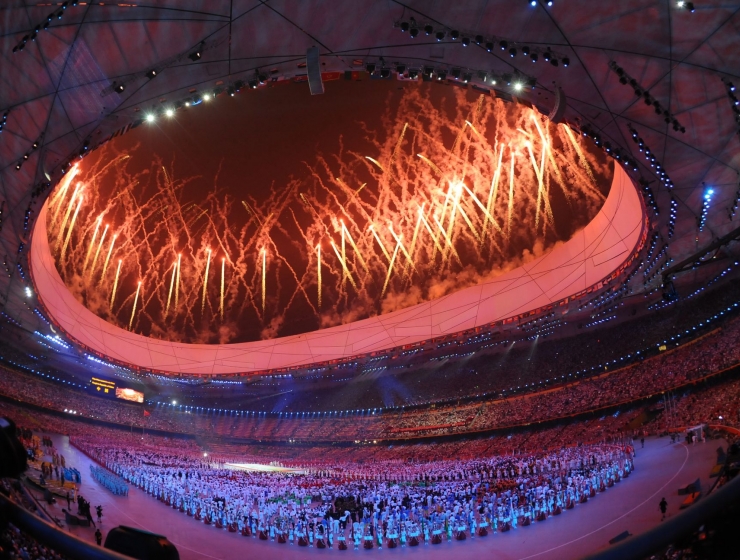
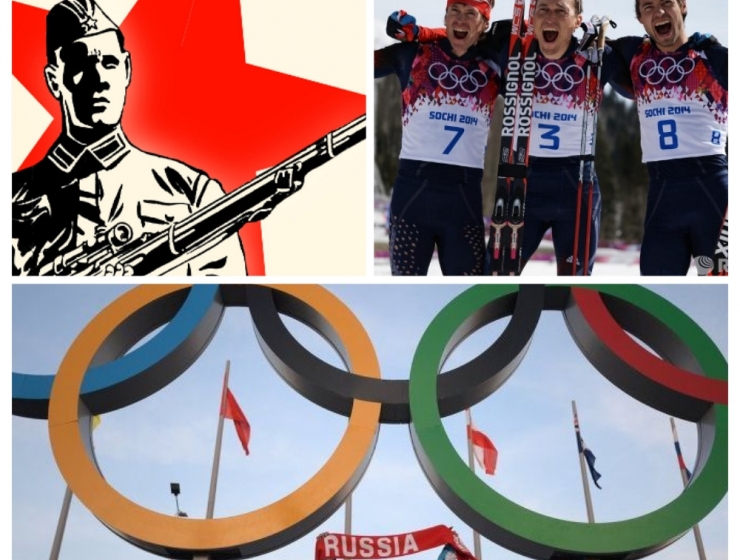
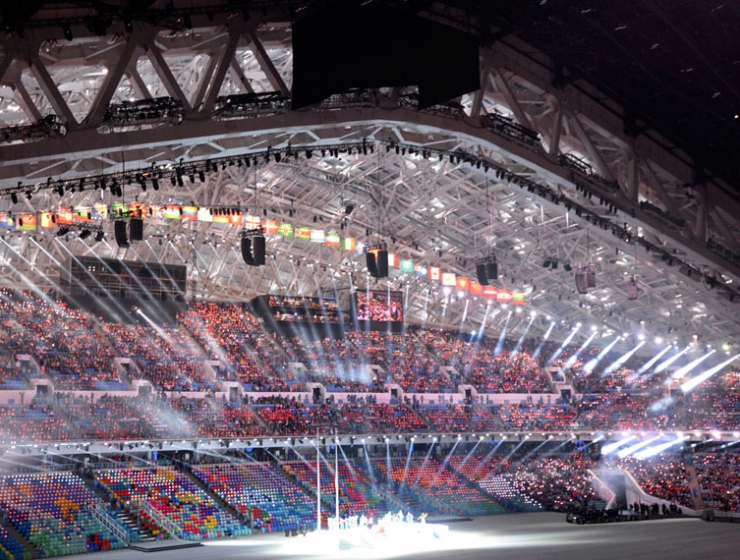

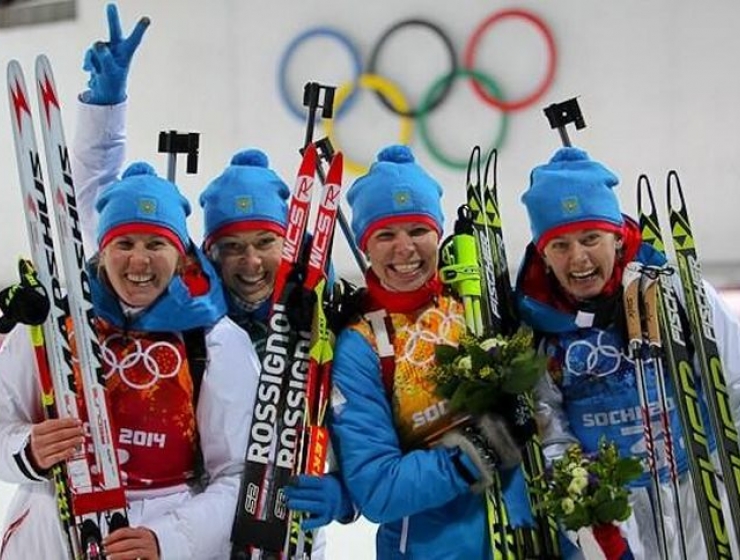
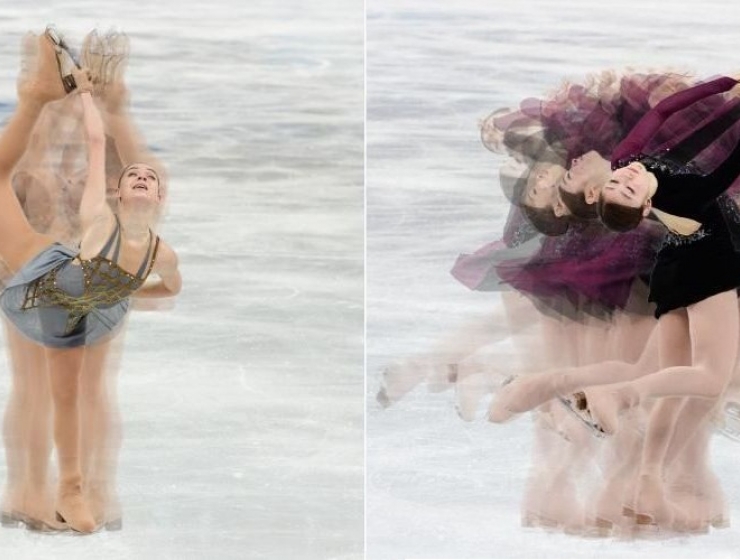





Горячие комментарии